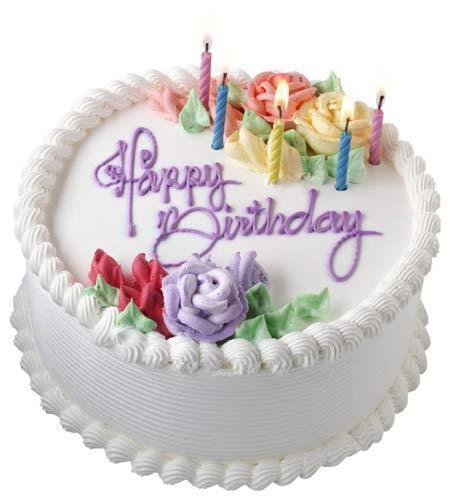|
 On average, people over the age of 60 were 14 percent more likely to die on their birthdays. |
|
Be careful blowing out the candles. Scientists have found we are more likely to die on our birthday than any other day. Researchers who studied more than two million people over 40 years found a rise in deaths from heart attacks, strokes, falls and suicides. William Shakespeare died on his birthday on April 23 1616. The actress Ingrid Bergman also died on her birthday, in August 1982. On average, people over the age of 60 were 14 percent more likely to die on their birthdays. Heart attacks rose 18.6 percent on birthdays and were higher for men and women while strokes were up 21.5 percent - mostly in women. Dr Vladeta Ajdacic-Gross of the University of Zurich, said: 'Birthdays end lethally more frequently than might be expected.' He added that risk of birthday death rose as people got older. Canadian data also showed that strokes were more likely on birthdays, especially among patients with high blood pressure. There was a 34.9 percent rise in suicides, 28.5 percent rise in accidental deaths not related to cars, and a 44 percent rise in deaths from falls on birthdays. Psychologist prof Richard Wiseman, from the University of Hertfordshire, said: "It seems to be a valid finding. "There are two camps - one is the camp that suggests you eat too much and your getting on a bit and that causes you to die. "The other is a placebo effect. You are knife-edged on death. And you kept yourself going until your birthday. You think 'that's it I've had enough I'm out of here'." Dr Lewis Halsey, of the University of Roehampton, said: 'One interesting finding is that more suicides happen on birthdays, though only in men. 'Perhaps men are more likely to make a statement about their unhappiness when they think people will be taking more notice of them.' The study is published in the journal Annals of Epidemiology. (Read by Emily Cheng. Emily Cheng is a journalist at the China Daily Website.) (Agencies) |
吹生日蜡烛的时候要当心哦。科学家发现,一个人在生日当天死亡的几率比其他日子都要高。 研究人员在40年间对200万余人进行了调查研究,发现在生日当天死于心脏病、中风、摔倒和自杀的人更多。 威廉•莎士比亚死于1616年4月23日——他生日那天。女演员英格丽•褒曼也在1982年8月的生日那天去世。 平均而言,60岁以上的人在生日当天去世的几率要高出14%。 生日当天心脏病发的概率要高出18.6%,男女皆是如此。中风的几率则增加21.5%,女性占多数。 苏黎世大学的弗拉德塔•阿吉达西克-格罗斯博士说:“生日成忌日的情况比预想的更多。”他补充说,随着人们年龄增大,生日死亡的风险也会增大。 加拿大的数据还显示,在生日那天中风的可能性更大,特别是高血压患者。 生日那天自杀的可能性高出34.9%,和撞车无关的事故死亡可能性高出28.5%,摔死的可能性高出44%。 赫特福德大学的心理学教授理查德•怀兹曼说:“这似乎是个确凿的发现。” “有两种情况,一种是饮食过量、兴奋过了头,导致猝死。” “另一种情况是安慰剂效应。死亡已经步步紧逼,但是你却一直坚持到生日那天。然后你想‘好了,我已经从这个世界得到了足够的东西’。” 罗汉普顿大学的路易斯•哈尔西博士说:“一个有趣的发现是,更多的人选择在生日那天自杀,不过只有男性是这样。” “也许男性认为生日这天人们会更多地注意他们,这样他们才更可能宣告自己的不幸。” 该研究发表在《流行病学纪事》杂志上。 相关阅读 (中国日报网英语点津 陈丹妮 编辑:Julie) |
|
Vocabulary: placebo effect: 安慰剂效应,指病人虽然获得无效的治疗,但却“预料”或“相信”治疗有效,而让病患症状得到舒缓的现象。 |
